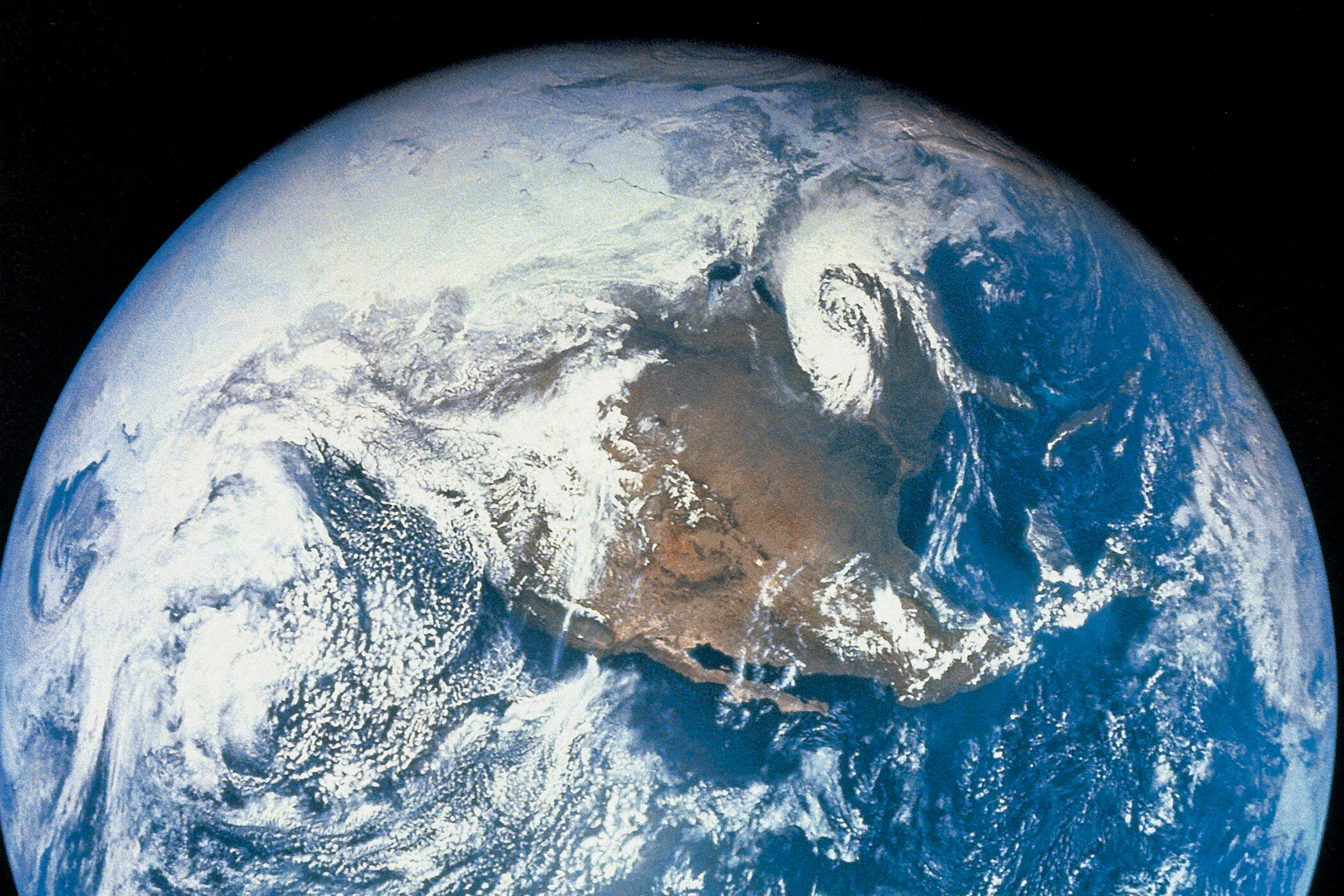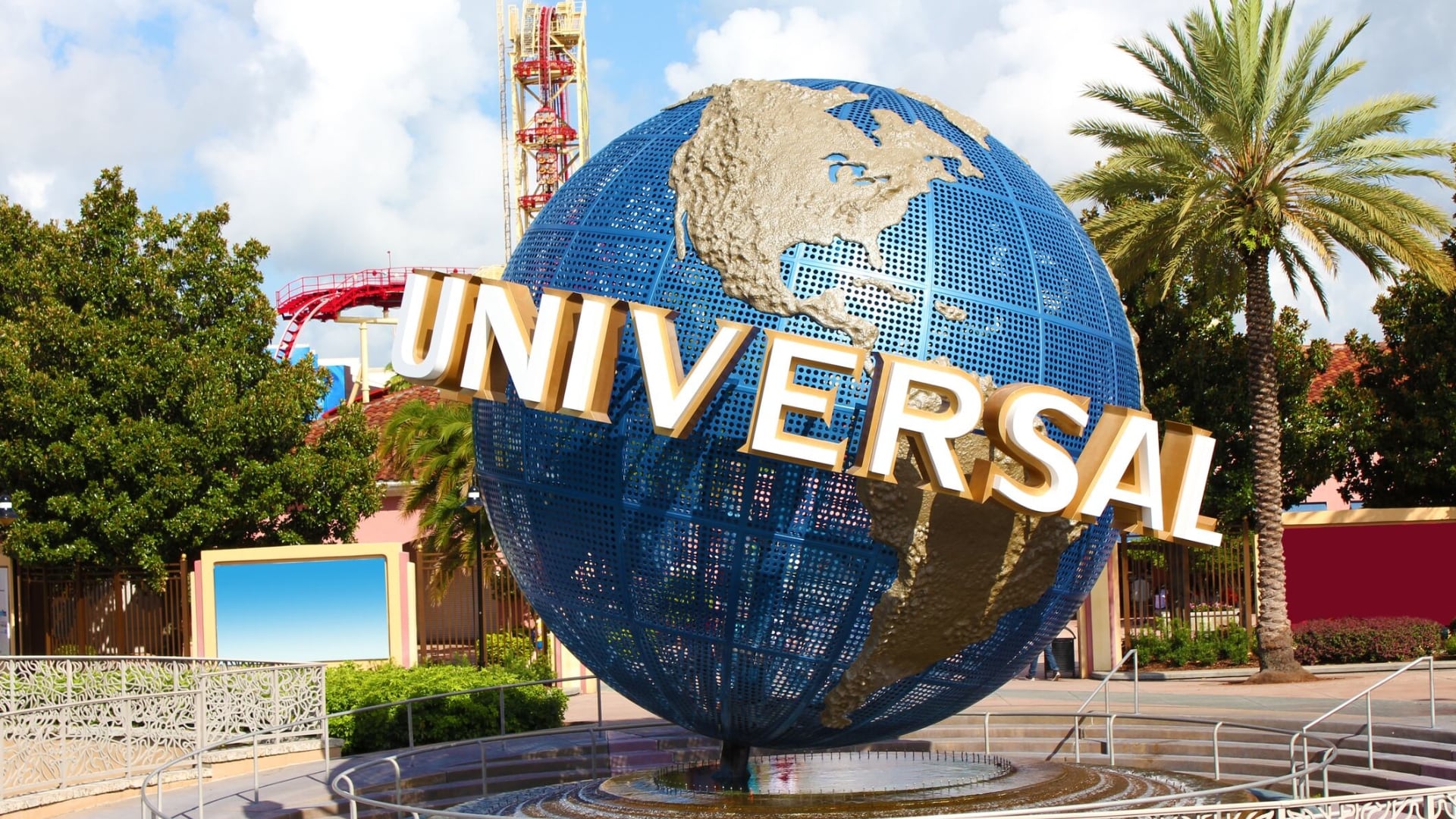When I wrote a piece in 2020 about how to celebrate Earth Day despite being stuck at home, I never could have imagined that an entire year would go by and our country would still be grappling with the same pandemic. But just because our life has taken on a bizarre Groundhog Day quality, that doesn’t mean we can’t commemorate Earth Day. Here are four more ways you can do more for the planet in 2021.
1. Mask It Up
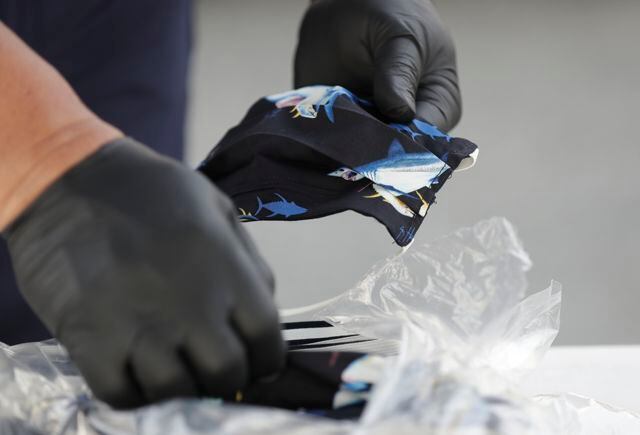
You’ve heard it from public health officials and politicians: wear a mask. But that mask could also help save the planet. Well, the right kind of mask. Opt for reusable masks over disposable ones where you can. Last year, masks were basically impossible to obtain. Now, dozens of businesses have popped up that specialize in helping people cover their faces. If you’re concerned about double masking or wearing the right kind of mask, know that a 100 percent cotton mask is very effective at preventing the spread of aerosol particles, and there are many varieties that include filters! That can be a good middle ground if you want to generate less trash but still keep yourself safe. Masks also have the benefit of keeping other people healthy and safe which is good for the planet too. The healthier our population, the more likely we are going to get back to normal sooner which doesn’t have a drain on resources from the health care level all the way to our first responders and educators.
2. Stay At Home

Yeah, yeah. You’re probably absolutely sick of being at home by now. But, if you’re anything like my family, you have ordered out a lot during the last year. Being at home means fewer commuting expenses and that extra cash goes right into convenience for many people. But ordering out has a pretty substantial cost to the environment. Even if you order from restaurants that choose sustainable to-go containers and flatware (and not every restaurant does), you are generating more waste than you would by cooking at home.
Instead, meal plan. Sit down each week and write (or type) out a list of meals. They don’t all have to be healthy, but when you take the time to do this, you don’t overbuy groceries, which contributes to another kind of waste — food waste. Go to the store or order in with your targeted list, and then stick to it! This will lower your waste. And don’t make yourself miserable. Grab a to-go meal from time to time or something pre-made on the grocery store shelves.
3. Work-Life Balance
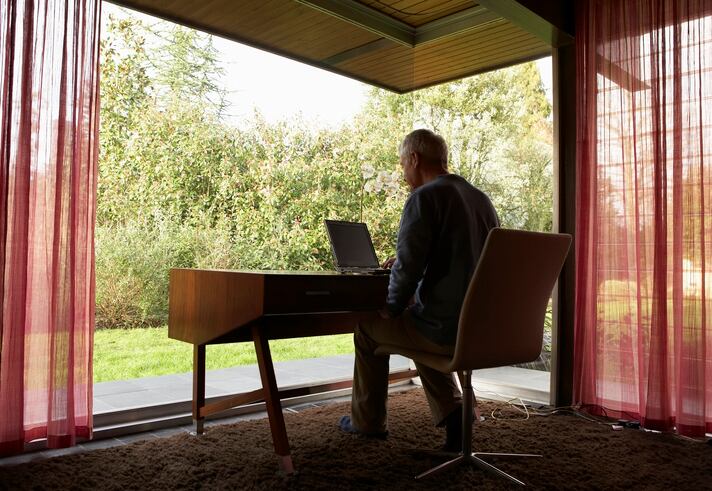
Everyone has different reactions to working from home — some people absolutely love it and never want to go into the office. Others are anxiously awaiting the day they can be around people every day again. But regardless of which camp you are in, know that someday, life will return to mostly normal. That means a return to work. Not for everyone, though. That’s where you come in. Have you discussed your return plan with your manager? If you are someone who prefers being at home, have you sought to see whether that is a long-term option for you?
Now, why does this matter? Well, not commuting to work every day makes less of an environmental impact, and going out to grab lunch less often during your workday means less waste. Plus, it takes less of a toll on some of us mentally and physically. And, when we DO commute into the office, we lower our output at home when it comes to electricity and utilities — which is, of course, better for the planet. Your office is already running the power. Don’t double the output if you don’t have to.
Meanwhile, all that streaming and internet use has a cost. Separately from the work-life balance associated with actually working, also remember to disconnect. We’ve seen viewing minutes soar as people look for anything to do. Disconnecting is also key to mental and physical well-being and part of striking a good relationship between your home life and work life. So work with your manager to find a balance that works best for you. It’s for the planet after all.
4. Clean Up
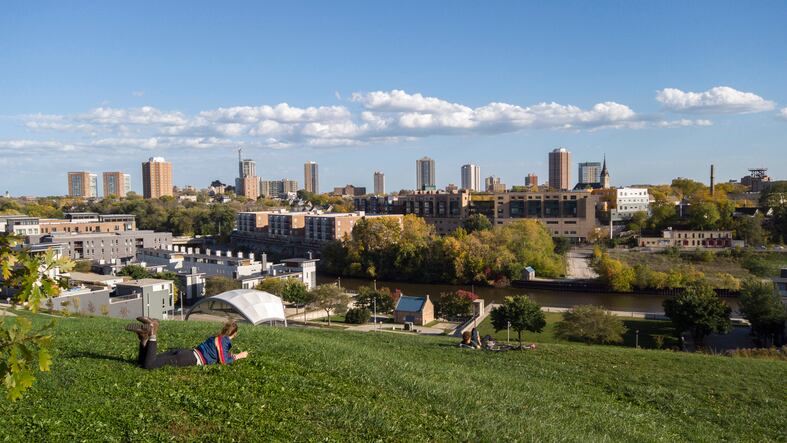
Trash hasn’t stopped just because we have all been mostly at home. In fact, many waste processors have just seen a shift from commercial waste to residential. What that means for many communities is an increase in litter. So, while you’re spending much-needed time soaking up Vitamin D (with sunscreen!), you can absolutely help the planet by simply making it healthier for animals and plants to grow. Scope out a local park, don some of those gloves we’ve all seen people wearing, mask up, and head out. Recruit some friends and make a game of it: A six-pack for the person who picks up the most trash. A special dessert for the person who finds the weirdest item on the ground.
When you keep your parks and natural areas clean, it is better for everyone — the people who spend time there, the dogs who get to go on walks there, the animals who call that their natural habitat, and the plants that don’t have to compete for space with unnatural objects. So while you are getting outside, take it one step further and keep it clean.
Check out more of Cheddar's coverage of climate change.
Note: This story was first published April 16, 2021. Promotional information for our Earth Day special was removed from the article after it aired.
